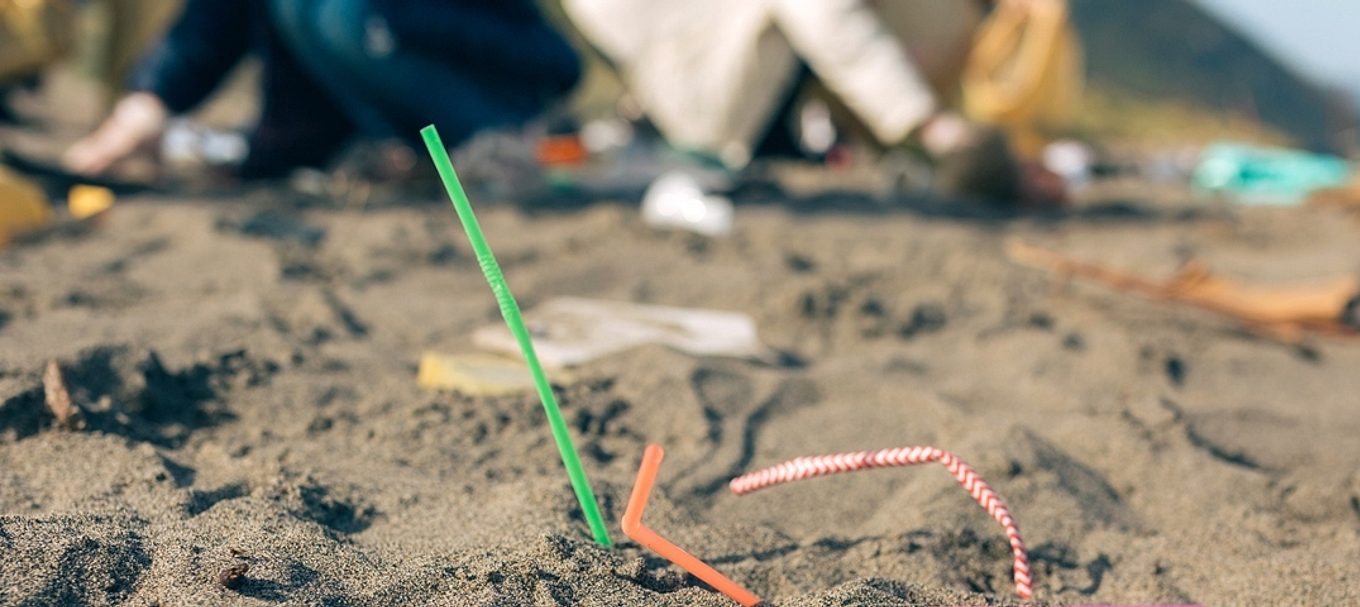
Everything you need to know about South Australia’s bans on single-use plastics
Plastics play an important role in our economy and daily lives, helping ensure food safety and reducing food waste.
But too often, the way plastics are produced, used and discarded results in a wasted resource, causing pollution, litter and harming marine life.
At least 8 million tonnes of plastics leak into the ocean each year, and it has been estimated that if current trends continue, by 2050 there will be more plastics in the ocean than fish.
Way back in 2009, South Australia led the way with a ban on lightweight plastic shopping bags.
Then on 9 September 2020, the South Australian Parliament passed the Single-use and Other Plastic Products (Waste Avoidance) Act 2020, the first legislation of its kind in Australia.
This paved the way for a series of plastic bans that began in 2021.
Stages two, three and four of the bans have been rolled out since, with stage five on its way in September 2025. South Australian businesses and consumers have boldly taken up the challenge, with many using plastic alternatives way ahead of the bans. Bravo!
What do the bans cover?
Whilst there are some exceptions for specific needs, the following items have been banned from sale, supply and distribution in South Australia:
- Single use plastic straws, beverage stirrers and cutlery.
- Expanded polystyrene cups, bowls, plates and clamshell containers.
- Oxo-degradable plastic products (that fragment into microplastics).
- Single use plastic, or plastic-coated, bowls and plates.
- Plastic stemmed cotton buds.
- Plastic pizza savers.
- Plastic produce/barrier bags used to contain and protect unpacked goods.
- Heavyweight plastic or plastic-coated shopping bags.
- Expanded polystyrene consumer food and beverage containers including meat and fruit trays.
- Plastic confetti.
- Plastic balloon sticks and ties.
- Plastic food bag ties.
- Single use plastic and plastic-coated beverage containers, including coffee cups.
- Single use plastic or plastic-lined containers for ready-to-eat food for retail sale (some exemptions).
The Replace the Waste website has a helpful directory of environmentally friendly alternatives, but remember that avoiding single-use and opting for reusable items is always preferable.
Still to come
- Non-compostable fruit and vegetable stickers.
- Plastic soy sauce fish containers.
- Plastic straws and cutlery attached to a food or beverage product.
- Pre-packaged expanded polystyrene cups and bowls containing a meal.

Why stop there?
SA’s bans on single-use plastics focus on the people who buy and supply products to the public, but that doesn’t mean you can’t take steps at home to reduce your plastic waste.
Why not consider swapping out these items too:
Cling wrap
Cling wrap is a kitchen staple for many, but it’s something we can easily swap out for a more environmentally friendly option.
Instead of wrapping up your leftovers with cling wrap, you could opt for a reusable food wrap, for example a beeswax wrap, or just pop your food straight into a container.
Pegs
Plastic pegs once seemed to be a great replacement for wooden pegs, but are now just another common contributor to plastic pollution when they fade and break.
So next time you find yourself frustrated at snapping pegs, consider investing in stainless steel pegs – they’re strong, so they’ll last a lifetime.
And what’s even better – they’ll definitely stop your clothes from blowing off the washing line in the wind!
Cleaning and personal care products
Household cleaning sprays, hand wash, shower gels, face cleansers, body lotion, lip balm, deodorant, shampoo and conditioners ... all these items can create a tremendous amount of plastic waste in your household. Recycling is an option, but avoiding is the ideal. Plastic free alternatives include:
- Concentrates: household cleaners and hand washes that you mix with water to refill an existing container.
- Solid bars: face cleansers, hand soaps, body cleansers, body lotion, shampoo and conditioner.
- Compostable cardboard packaging: lip balms and solid deodorants.
Interested in learning more about how you can live low-waste? Check out our stories:How to have a low-waste camping trip when it comes to your menuand3 easy tips to reduce your food waste.
And for more information on SA’s bans on single-use plastics, visit theReplace the Waste website.





